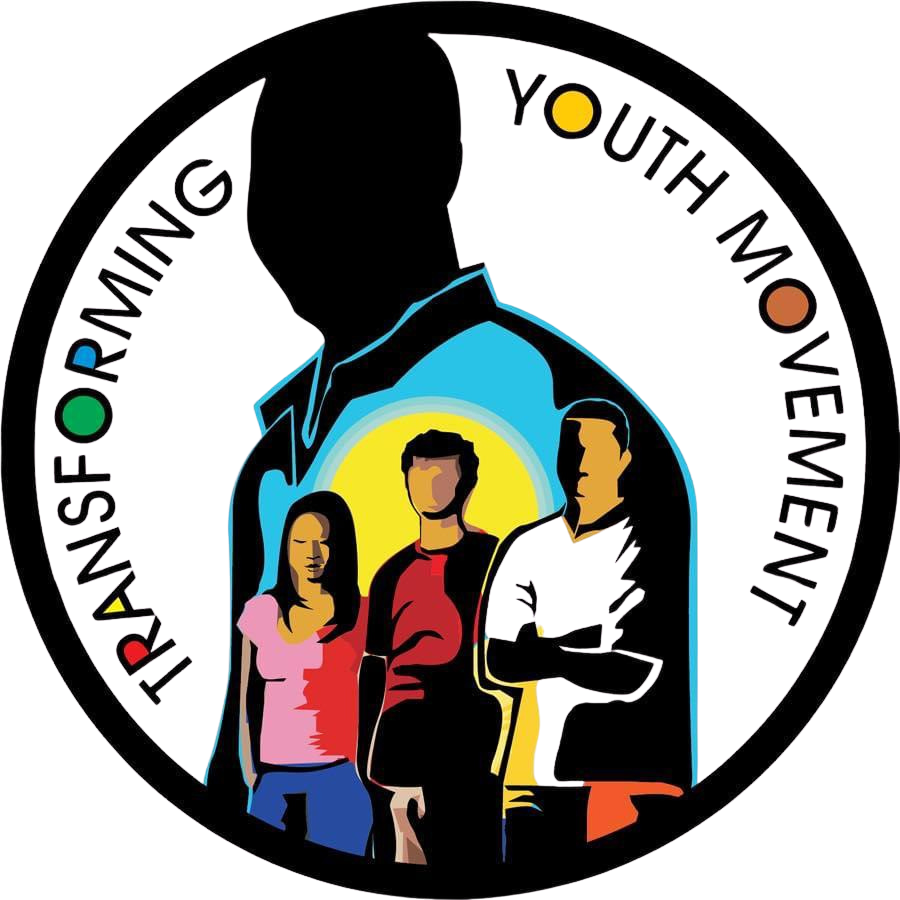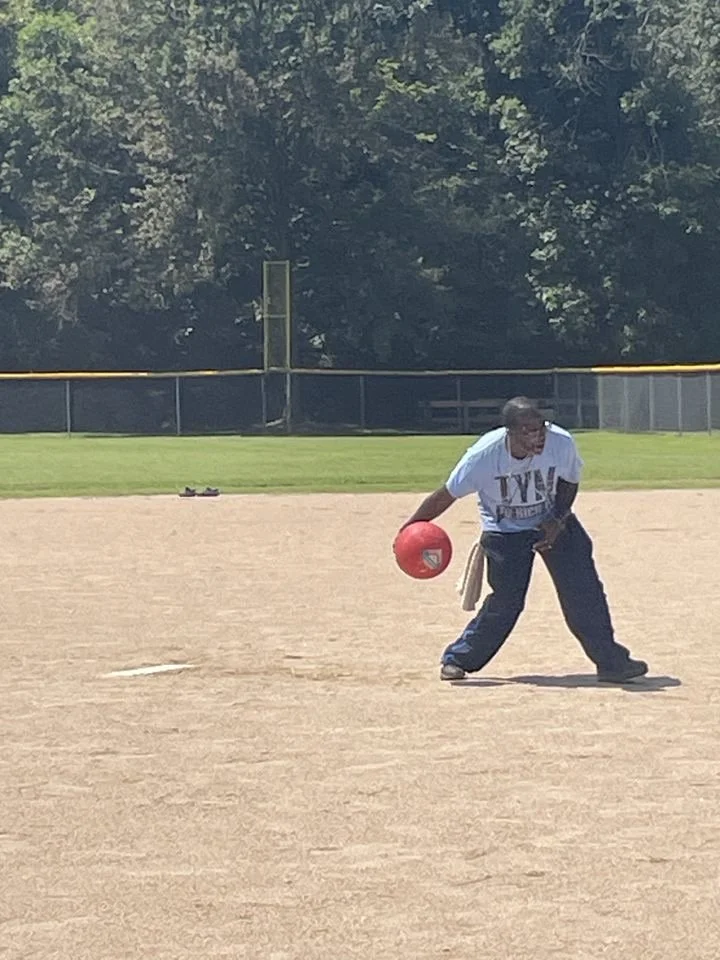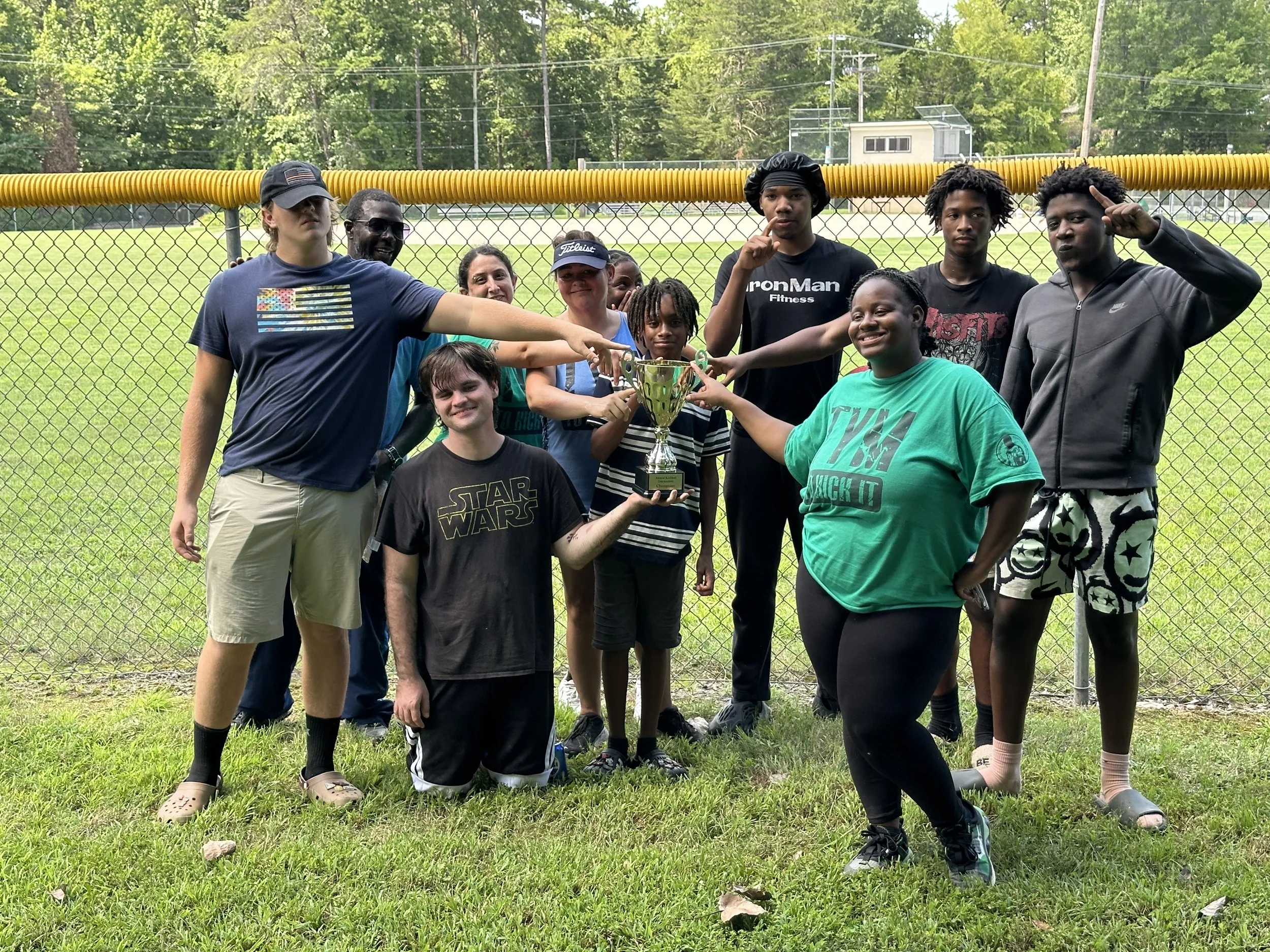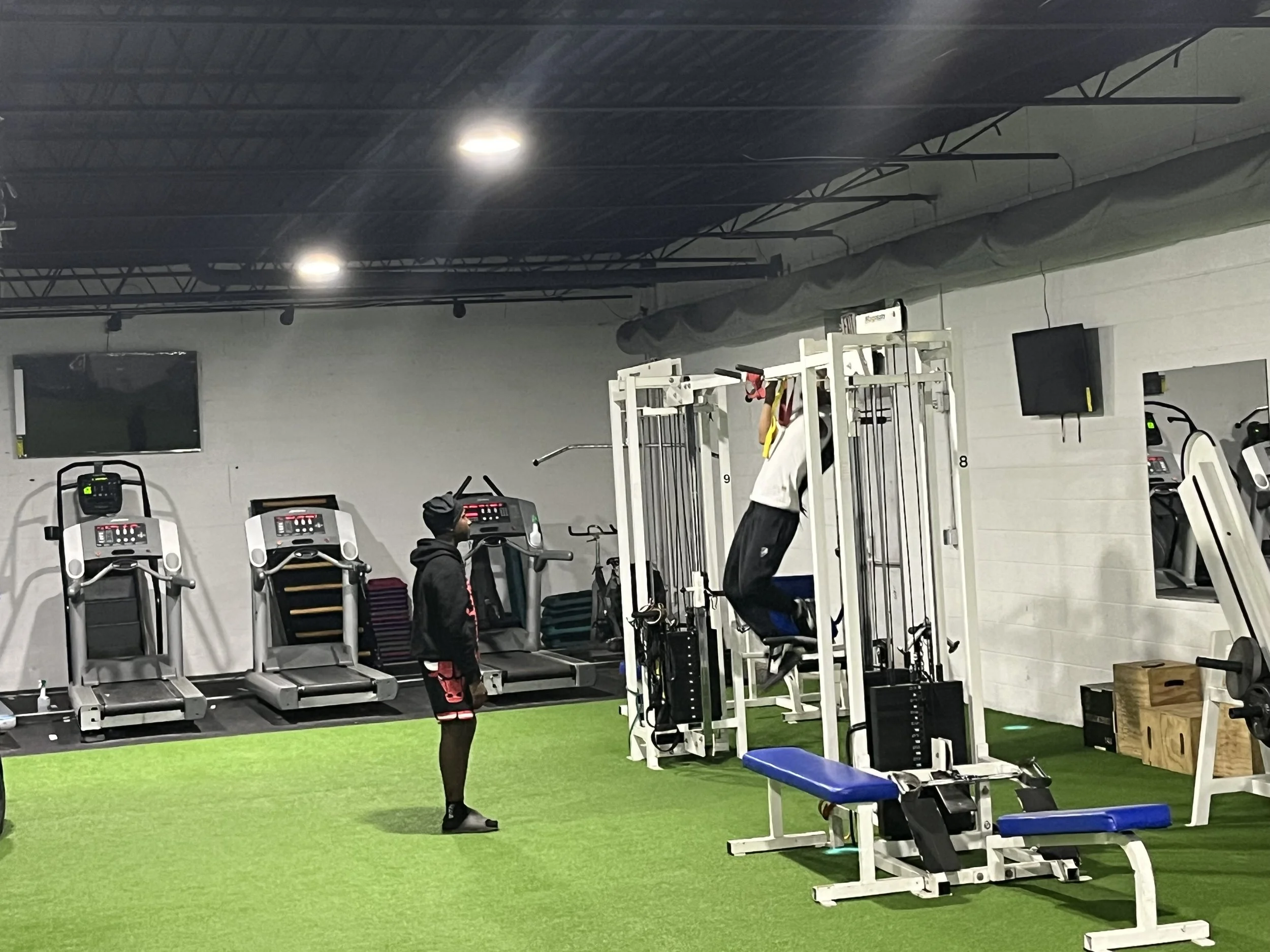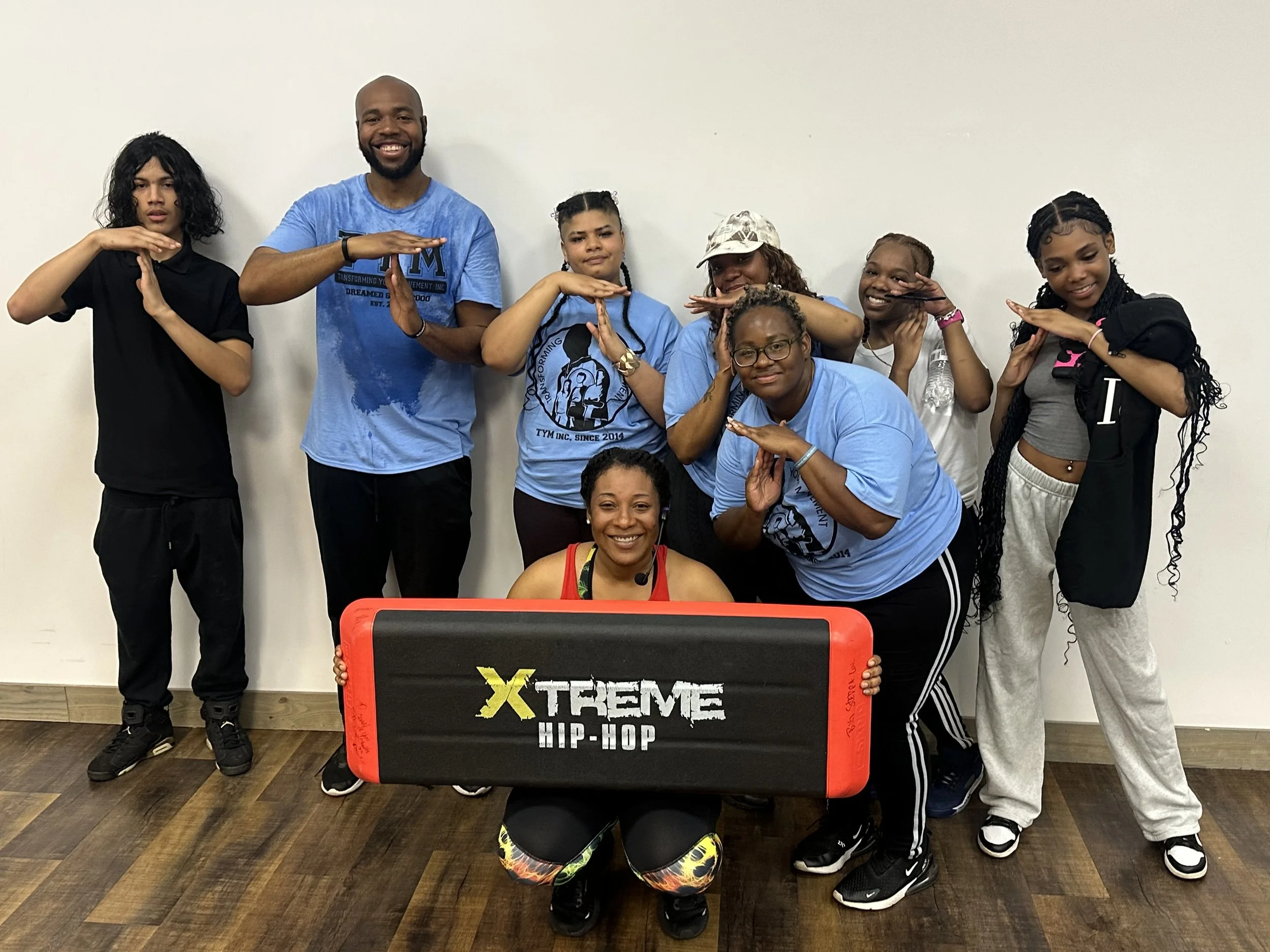CRM/TYM Wellness & Skill Building
Program Overview:
The Community Resiliency Model (CRM) was developed by the Trauma Resource Network and Elaine Miller-Karas, LCSW, Genie Everett, PhD and Laurie Leitch, PhD.
CRM is designed to to help individuals understand the biology of traumatic stress reactions and learn specific skills to return the body, mind and spirit back to balance after experiencing traumatic events.
TYM’s founder and executive director, Reggie McNeil founded TYM on the notion that youth were “at-opportunity” and when connected to positive people and places can flourish. Mr. McNeil has came from humble beginnings and through life lessons has been a pivotal part of his community. In 2019, he was given the chance to attend a CRM training and from there he fully accepted and implemented the model into his life and into TYM. This April 2021, Mr. McNeil was able to speak at the Trauma Resource Network’s global consultation to CRM consults all over the world and share how TYM is incorporating the CRM model into all existing TYM programs and the development of CRM/TYM!
Wellness Skills
Tracking :Tracking means to pay attention to sensations within the nervous system.
Resourcing: A resource can be a positive characteristic, a good memory, a person, a place, animal, spiritual belief or anything that provides comfort, joy, peace or happiness.
Grounding: Grounding is the direct contact of the body with the ground or with something that provides support to the body.
Gesturing: A movement of the body or limbs that expresses or emphasizes an idea, sentiment or attitude.
Shift & Stay: Shifting attention away from unpleasant or painful sensations to pleasant, less painful or neutral sensations, and then staying there.
Help Now!: Tools you try if you feel too much stress inside or feel numb and disconnected.
II. Theoretical Framework:
1. Neurological Understanding:
• Educate youth on the neurological aspects of their brain development, including emotional regulation, decision-making processes, and the impact of stress.
• Discuss the role of neuroplasticity and how they can change their mindset and behavior through conscious effort.
2. Emotional Intelligence:
• Develop skills in emotional intelligence (EQ), such as recognizing and understanding emotions, managing feelings, empathy, and effective communication.
• Teach youth to track their feelings and develop self-awareness, especially in stressful environments.
3. SMART Goals Framework:
• Implement the SMART (Specific, Measurable, Achievable, Relevant, Time-bound) goal-setting framework within CRM/TYM to help youth structure their action steps toward their goals.
• Track progress and create accountability around wellness and skill development goals.
III. Program Structure:
What happens in the session, stays in the session. The only exception is if you disclose that you will harm yourself or others.
Also, please beware that it is never TYM’s intention to retraumatize you when speaking about trauma or stressors so at any point if it’s too much please feel free to take a breather.
1. Phase 1: Self-Discovery & Goal Setting
• Workshops: Introduce youth to the concept of self-discovery and personal growth, emphasizing understanding their neurological makeup.
• Personal Assessments:
• Emotional awareness and personality tests.
• Strengths and weaknesses analysis.
• Goal Mapping with SMART Goals:
• Youth will define their desires for the future and set short-term and long-term goals using the SMART framework.
• Use CRM to log and track goals, ensuring measurable progress.
2. Phase 2: Wellness Connection & Emotional Regulation
• Mind-Body Connection: Teach youth the importance of connecting with their bodies and recognizing physical symptoms of stress, anxiety, and other emotions. Through different interest-based activities that’ll allow them to build that connection.
• Tracking Well-Being:
• Use CRM to track daily emotions, physical wellness, and stress levels. Integrate mood tracking with action plans to create personal routines that foster emotional stability.
• Youth learn to reflect on their emotional states, manage stress more effectively, and regain a sense of control in stressful environments.
3. Phase 3: Skill-Building & Personal Development
• Personal and Professional Skills Development:
• Focus on skills like communication, time management, leadership, financial literacy, and problem-solving.
• Develop technical or creative skills depending on individual goals (
e.g., coding, digital marketing, public speaking).
• Task and Time Management:
• Teach youth time-blocking and prioritization techniques.
• Use CRM tools to schedule and monitor the progress of skill-building activities.
• Accountability Partners: Coaches for ongoing encouragement and accountability in tracking skill-building and wellness efforts.
4. Phase 4: Reflection, Adjustment & Long-Term Planning
• Regular Check-Ins: Set-up regular check-ins with mentors and peers to evaluate progress, adjust goals, and provide feedback.
• Reflection Exercises: Youth engage in reflective practices to analyze their emotional and skill-building journey.
• Long-Term Action Plans:
• Youth will plan their next steps after completing the program, focusing on maintaining their wellness habits and continuing their skill development.
• Integrate long-term career planning, higher education opportunities, and goal readjustment.
IV. Key Program Components:
1. Neurological & Emotional Education:
• Lessons and workshops that explain how the brain works in stressful situations, emotional triggers, and how to manage negative emotions.
• Hands-on learning through biofeedback and real-time tracking of physiological responses to stress and relaxation.
2. Wellness Practices:
• Guided activities like meditation, yoga, journaling, and physical exercises aimed at creating a deeper mind-body connection.
• Emotional well-being tools such as mood-tracking apps and wellness challenges that encourage participants to focus on self-care.
3. Skill-Building Workshops:
• Regular workshops on different life and career skills.
• Collaborative projects where youth apply their newly learned skills in real-world scenarios.
V. Outcomes and Evaluation:
● Realize YOUR resiliency through self awareness
● Understand the importance of wellness skills/self-care
● Learn basic Biology including the autonomic nervous system, the parasympathetic (slows) and sympathetic (speeds) nervous systems that regulate functioning organs
● Create Healthy Reactions including decision making, effective communications, problem solving, and conflict resolution
● Decrease stresses by widening their resiliency zone
● Decrease in negative reactions
VI. Conclusion:
The CRM/TYM Wellness & Skill-Building Program is a youth-centered initiative designed to not only help young individuals achieve their goals but equip them with the wellness habits, emotional intelligence, and life skills necessary to thrive in the future. We strive to create resilient, self-sufficient individuals through the use of modern tools and emotional education, the program aims to transform lives and ensure lasting success.
